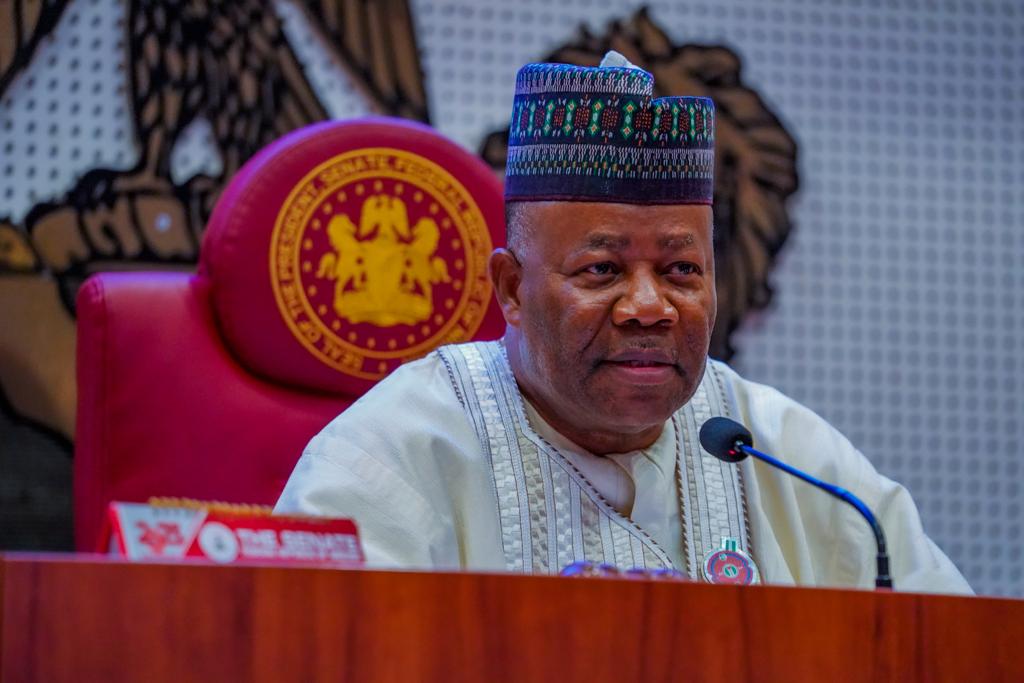The maximum lending rate in the banking sector hit 29.13 per cent while savings deposit rates was 4.13 per cent as of the end of December 2022.
Figures obtained from the Central Bank of Nigeria on money market indicators revealed on Monday.
According to the report, prime lending rate was 13.85 per cent, while inter-bank call rate was 12 per cent.
Treasury bill rate was 4.35 per cent, one month deposit rate was 8.15 per cent, three months deposit rate was 3.79 per cent, six months deposit rate was 8.68 per cent, while 12 months deposit rate was 8.22 per cent.
Monetary Policy Rate stood at 16.5 per cent in the period under review.
The National Institute of Credit Administration stated in its report blueprint report for growth, development and sustainability of micro, small, medium size enterprise sector in Nigeria that there was need to support businesses with single digit loans as high interest rates was affecting economic growth.
It stated that, “The higher the Monetary Policy Rate, the higher the interest rate charged on loans and lines of credits offered to MSMEs in the country. High interest rate is an albatross to any MSME.”
NICA said many MSMEs were contending with several economic factors while running their ventures.
It stated, “Because of the scale and wherewithal of the MSMEs, these factors have significant impact on their profitability. Thus, not to further aggravate the problems, it is pertinent for MSMEs to have ‘Not too difficult’ access to single digit loans. CBN in conjunction with the developmental banks should create more sector-specific funds which MSMEs can access at single digits and without so much difficulties or strenuous conditions.”
“Federal government can jump start growth and development in the MSME sector by implementing targeted tax incentive policies.
“While this may immediately lead to reduction in revenue generation of the government particularly in this dire period of dwindling government revenue, the medium to long term benefits on the economy cannot be over-emphasised. Federal Government can give tax incentives in specific areas.”
According to the report, the Monetary Policy refers to the specific actions taken by the Central Bank to regulate the value, supply and cost of money in the economy with a view to achieving government’s macroeconomic objectives while for others they are not.
It stated that the objectives of monetary policy may vary from country to country but there were two main views.
“The first view calls for monetary policy to achieve price stability, while the second view seeks to achieve price stability and other macroeconomic objectives,” it stated.
It stated that the CBN, like other central banks in developing countries, achieved the monetary policy goal through the amount of money supplied.
According to the report, “The policy interest rate determines the levels of the rest of the interest rates in the economy, since it is the price at which banks-obtain money from the CBN. These banks will then offer financial products to the MSMEs at an interest rate that is normally based on the policy rate.”
Punch













